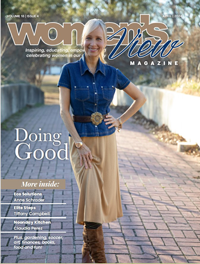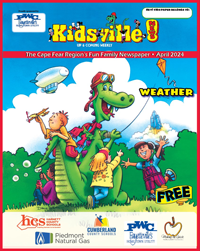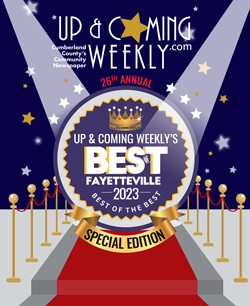
It is beginning to look like 60 is the new 20.
We Baby Boomers — and, yes, I am among the 76 million or so Americans born between 1946 and 1964 to men who made it through World War II and women who kept the home fires burning while they were gone — have changed our country in all sorts of ways since the day we began arriving. More schools had to be built to accommodate all of us. Ditto for colleges. We changed the American work place as women muscled our way into jobs and professions traditionally closed to us.
We shook up marriage by demanding that men participate more in family life and household chores, and we put forward ideas of personal growth and individual satisfaction. We necessitated commercial day care, and we indulged our children the way no prior generations had done. Now, as we begin heading off into the sunset —about 8000 of us have turned 65 every day since 2011, we are still shaking things up.
The question, though, is whether our latest--some might say, our old age —changes are positive ones. Frankly, it is hard to make a case for that.
Last fall I wrote a column about “silver” divorce, the recent and dramatic rise in divorces among Americans over 50, which has doubled over the last 20 years. Among women 65-plus, the rate has tripled.
Boomers in these age groups are divorcing at rates higher than their children, the Millennials. In some cases, both parties wind up less financially stable and far more lonesome than they were in the marriages they wanted out of, but we are divorcing anyway. We are answering the Beatles’ musical question, “Will you still need me, will you still feed me, when I’m 64?” with a firm “no.”
And there is more. As Boomers find themselves moving into retirement communities, other issues are cropping up. Apparently, the Boomers who pioneered — at least publicly, the concept of “free love” are sticking to it. No less mainstream organizations than the Centers for Disease Control and the AARP both say that sexually transmitted diseases are “spreading like wildfire.” CDC stats confirm that STD rates among seniors doubled — yep, doubled — between 2000 and 2010. And the state with the highest rate of all — you guessed it, Florida! And the group with the highest rate? Men who use drugs like Viagra and Cialis. Researchers say the rates could be lowered if couples use condoms, but since birth control is not really an issue, few do. And think about this for a moment. The only other group of Americans with such a high rate of STDs is the 20 to 24 year old crowd. The rest of us are apparently watching a lot of television. All of which reminds me of a good friend, another Boomer, whose charming 85-year-old father moved to an assisted-living facility and was much sought-after by the far more numerous women residents. My friend bemoaned his situation, saying that he no longer remembered her mother, what business he had been in, but “unfortunately he does remember how to kiss!”
And, just last week I read about this in the Wall Street Journal. Boomers went to Woodstock and those of us who were not there wish we were, in part because of all the “substances.” Not all of us, of course, but many of us went through periods of experimentation with all sorts of drugs at rates greater than any other American generation. It seems we still are. The WSJ reported that aging Boomers are getting arrested for drug offenses, including DWIs, and dying from drug overdoses at steadily increasing rates. More than 13,000 seniors died of accidental drug overdoses in 2013, according to the CDC. That is more than died in car accidents or from flu or pneumonia. Some Boomers are bringing the habits of their younger selves into their senior years, while others are abusing prescriptions initially given for pain and later used for the high. Alcohol is also an issue for many seniors, sometimes in tandem with other substances. The U.S. Department of Health and Human Services estimates that nearly 6 million people over 50, Boomers all, will need substance abuse treatment by 2020. That starting figure comes at a time when teen drug abuse, the crowd most of us think of as voracious substance consumers, is actually declining.
Much has been written about Boomers since Americans realized there had never been a generation like us. We have thought of ourselves as special, even unique. We have not been afraid to try new things. We are epic consumers of everything and continue to garner criticism of excessive consumption. For many of us, it really has been all about us.
It looks like we are still thinking that was as we head toward the door.

 How to resolve AdBlock issue?
How to resolve AdBlock issue? 









